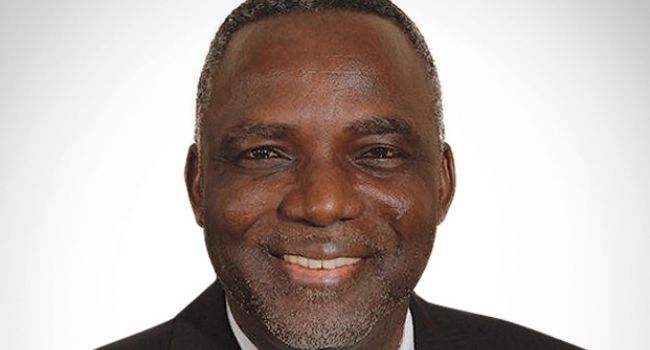News
Ex-Power Minister tells Nigerians what to do to enjoy stable power supply

A former Minister of Power and Chairman of Geometric Energy, Professor Barth Nnaji, has explained the urgent need for comprehensive reforms to meet the nation’s escalating energy demands.
Speaking on Arise TV’s Morning Show on Friday, 2025, Nnaji emphasized that Nigeria requires a minimum of 100,000 megawatts (MW) of electricity to drive industrial growth and cater to its burgeoning population.
“We need at least 100,000 megawatts of power here to be available, not just merely installed, to be able to serve this country,” Nnaji stated, highlighting the stark contrast with the current generation capacity, which hovers around 5,500 MW.
Central to Nnaji’s discourse is the pressing issue of electricity tariffs. He argued that for Nigeria to achieve a stable and sustainable power supply, electricity must be priced appropriately. “If we want to have electricity, it must be paid for. There is no place where electricity comes free in the world. But it must be affordable, that is, it must be cost-reflective,” he asserted.
Nnaji warned that the current non-cost-reflective tariff regime has led to a staggering N4 trillion debt burden on the federal government, stemming from unpaid electricity services across the value chain. This financial strain hampers the ability of Generation Companies (GenCos) and Distribution Companies (DisCos) to operate effectively, deterring potential investors from entering the sector.
READ ALSO:
Beyond tariffs, Nnaji highlighted the inadequacies in Nigeria’s power infrastructure, particularly in transmission and distribution. “As we are now, the transmission infrastructure is simply not going to be able to carry the required power in the nation,” he noted, calling for urgent upgrades across all tiers of the electricity value chain.
He emphasized the importance of strategic investments and a clear, focused strategy to prioritize power availability and strengthen the nation’s transmission and distribution networks. Nnaji also pointed out that Distribution Companies must invest in substations to ensure efficient power distribution, warning that without such investments, the country will continue to experience load shedding.
Addressing the country’s energy mix, Nnaji advocated for leveraging Nigeria’s abundant natural gas resources to bolster power generation. He argued that while renewable energy sources like solar power are essential for the future, they are not immediate solutions to Nigeria’s power challenges. “We have an abundance of natural gas; we need to capitalize on this availability by producing this gas to be able to use that to build power plants,” Nnaji stated.
In light of the federal government’s proposed ban on the importation of solar panels to encourage local manufacturing, Nnaji expressed skepticism about the country’s readiness for such a move. He acknowledged the importance of domestic production but cautioned against a sudden ban, suggesting a transitional period to build local capacity. “I don’t think that immediate banning of importation of solar panels will get us there, but perhaps it might stimulate a lot of people to invest in the production of solar panels,” he remarked.
Join the conversation
Support Ripples Nigeria, hold up solutions journalism
Balanced, fearless journalism driven by data comes at huge financial costs.
As a media platform, we hold leadership accountable and will not trade the right to press freedom and free speech for a piece of cake.
If you like what we do, and are ready to uphold solutions journalism, kindly donate to the Ripples Nigeria cause.
Your support would help to ensure that citizens and institutions continue to have free access to credible and reliable information for societal development.


















